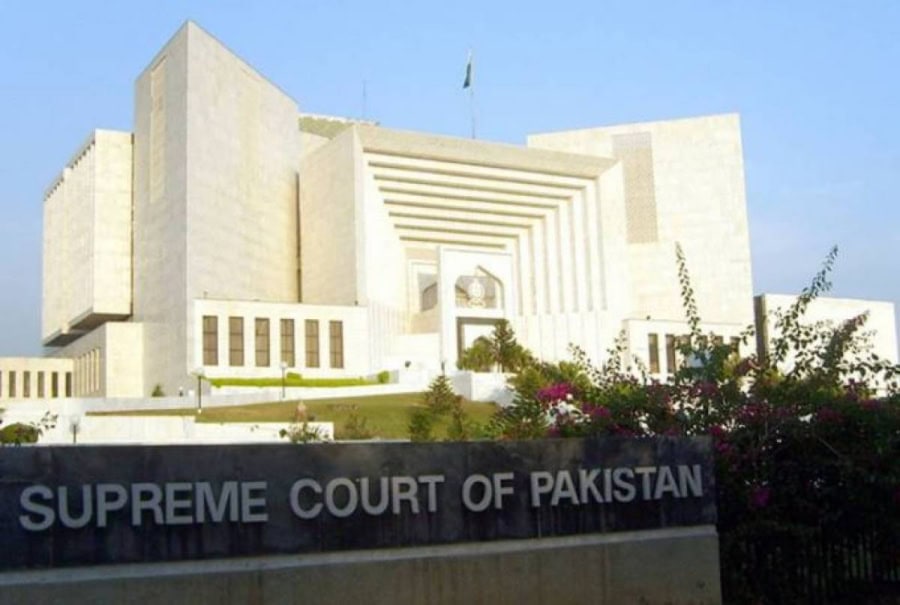ISLAMABAD – The Supreme Court is currently hearing an intra-court appeal against the trial of the civilians in military courts, during which the Ministry of Defence’s counsel, Khawaja Haris, informed the court that while the law mentioned access for relatives and journalists but such access is not granted due to the security reasons.
A SC seven-member constitutional bench led by Justice Aminuddin Khan is hearing the case.
Presenting arguments on the military trial procedure under the Army Act, Khawaja Haris stated that the Judge Advocate General takes an oath to maintain impartiality. He contended that the Supreme Court cannot review each case individually during this hearing.
He further argued that the case before the Supreme Court does not pertain to Article 184(3).
At this point, Justice Jamal Khan Mandokhail asked on what grounds a military trial could be challenged. The defence counsel responded that a trial could be challenged if the court was not competent, if the proceedings were conducted with mala fide intent, or if there was an overreach of jurisdiction.
He added that if an accused confesses in a military trial, they are granted concessions under the Islamic law.
Justice Jamal Khan Mandokhail remarked that the confessions are typically recorded before a magistrate to which the defence counsel replied that this was a separate matter.
Justice Hassan Azhar Rizvi then questioned whether an accused in a military trial who could not afford the legal representation is provided a lawyer at the state’s expense.
Khawaja Haris affirmed that an accused who cannot afford a lawyer is provided one at the government expense. Justice Jamal Khan Mandokhail remarked that generally, the accused is considered the “favourite child” of the court. He asked whether the same principle applies in the military courts.
The defence counsel responded that under the Army Act rules, the accused is granted full protection.
Justice Naeem Akhtar Afghan stated that, as Chief Justice of Balochistan, he had heard appeals against the military court decisions, and it is not the case that the military courts simply declare an accused guilty or innocent on a plain piece of paper. When a writ petition is filed in the High Court, GHQ provides the complete record, he said.
Justice Naeem Akhtar Afghan added that the record includes the full judicial proceedings including the evidence and the procedures. He asked the counsel to provide examples of past military court decisions beyond the cases of May 9.
Justice Hassan Azhar Rizvi questioned whether, aside from the foreign spies, the relatives and journalists are allowed access when an ordinary citizen is tried in a military court.
Khawaja Haris reiterated that while the law mentions access for relatives and journalists, it is not granted due to the security concerns.










